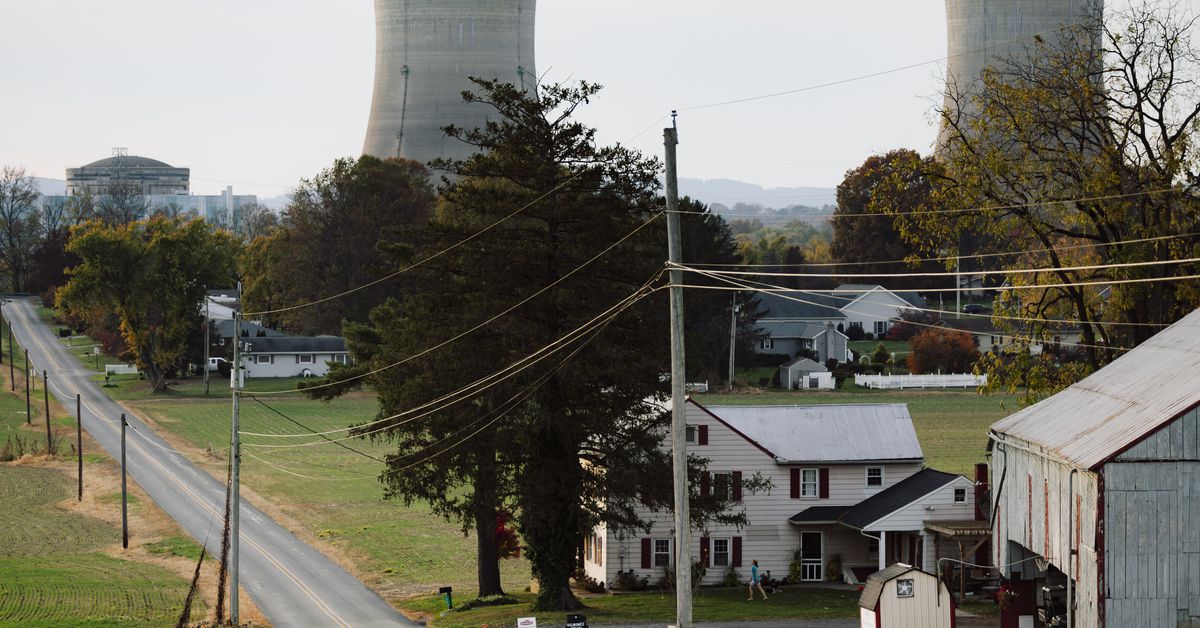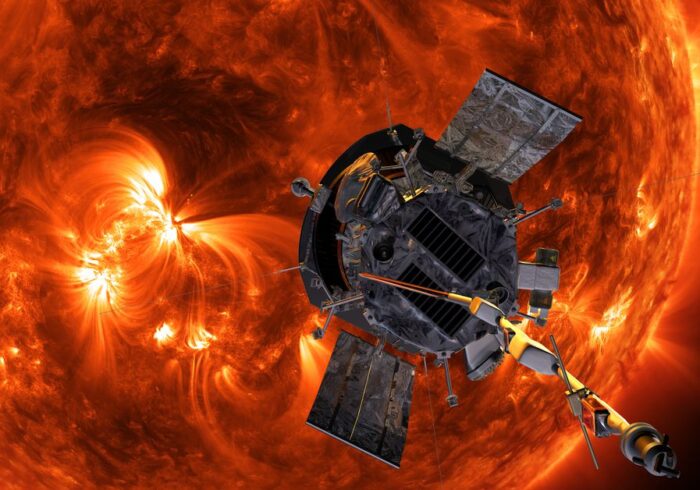The General Services Administration (GSA) has announced a major nuclear energy contract, marking a significant development in the industry. This 10-year, $840 million contract is for 10 million megawatt-hours of electricity, which is equivalent to what’s needed for over 1 million homes annually.
Contract Details
The GSA awarded the contract to Constellation, which operates the nation’s largest nuclear fleet and has recently announced an agreement with Microsoft to restart a nuclear reactor at Three Mile Island. According to Constellation spokesperson Paul Adams, nuclear energy makes up about 4 million megawatt-hours of the deal.
Nuclear Energy in Silicon Valley
Silicon Valley is increasingly turning to nuclear energy to satisfy electricity demand from AI data centers. The federal government is the nation’s single largest energy consumer, making this contract a significant boon for the nuclear industry.
Constellation’s Commitment to Nuclear Energy
Joe Dominguez, Constellation president and CEO, said in a press release: "This agreement is another powerful example of how things have changed. Frustratingly… nuclear energy was excluded from many corporate and government sustainable energy procurements. Not anymore."
Constellation generates 10 percent of the nation’s carbon pollution-free energy, with a majority coming from nuclear energy. However, it also produces hydro, wind, and solar power, as well as electricity from gas-fired power plants.
Goals for Carbon-Free Electricity
The company has set a goal of reaching 100 percent carbon-free electricity by 2040 compared to close to 90 percent today.
Contract Benefits
- The contract will allow Constellation to extend licenses for existing nuclear power plants as well as invest in new equipment and technology.
- This should result in 135 megawatts of additional capacity.
- The GSA agreed to purchase 2.4 million megawatt-hours of electricity from that added capacity over 10 years.
Government Agencies Involved
The contract extends to 13 other agencies, including:
- Departments of Veterans Affairs and Transportation
- Federal Bureau of Prisons
- National Park Service
- Social Security Administration
- US Mint
Data Centers and AI Facilities
The GSA is framing the contract as a way to lock in more affordable prices in the face of uncertainty over future electricity prices and increasing demand from data centers and AI facilities.
Industry Trends
Google, Meta, Amazon, and Microsoft have all inked splashy nuclear energy deals over the past year. In September of last year, Microsoft and Constellation announced a plan to restart a shuttered reactor at Three Mile Island in Pennsylvania, the site of the worst nuclear energy accident in US history.
Biden Administration’s Plan
The Biden administration has made nuclear energy a key part of its plan to transition the US away from fossil fuels to energy sources that don’t cause climate change. Last October, the Department of Energy announced a $1.52 billion loan to help restart a retired nuclear generating station in Covert Township, Michigan.
Trump Campaign Agenda
While President-elect Donald Trump plans to undo progress made toward clean energy, the Trump campaign agenda included efforts to ‘support nuclear energy production.’
In conclusion, this 10-year, $840 million contract is a significant development for the nuclear industry. With the federal government as its largest energy consumer, this deal will provide budgetary stability and protections from future price increases while continuing to bolster the domestic nuclear industry.
Nuclear Energy in the US: An Overview
The United States has been at the forefront of nuclear energy production since the 1950s. The country’s first commercial nuclear power plant was commissioned in 1957, and today, nuclear energy makes up about 20% of the nation’s electricity generation.
However, despite its potential as a clean source of energy, nuclear energy has faced significant challenges in recent years. These include high construction costs, public perception issues, and regulatory hurdles.
The Benefits of Nuclear Energy
Nuclear energy offers several benefits that make it an attractive option for power generation:
- It’s a reliable source of electricity.
- It produces no greenhouse gas emissions or other pollutants during operation.
- It has a high capacity factor, meaning it can generate electricity at or near full capacity for long periods.
However, nuclear energy also has its drawbacks. These include:
- High construction costs.
- Public perception issues.
- Regulatory hurdles.
The Future of Nuclear Energy in the US
Despite these challenges, nuclear energy is poised to play a significant role in the US energy mix in the coming years. The Biden administration’s plan to transition the country away from fossil fuels and toward clean energy sources will likely include nuclear energy as a key component.
In addition, several companies have announced plans to build new nuclear reactors or restart existing ones. These include Microsoft and Constellation’s agreement to restart a reactor at Three Mile Island, as well as the Department of Energy’s $1.52 billion loan to help restart a retired nuclear generating station in Michigan.
Conclusion
The GSA’s 10-year, $840 million contract with Constellation is a significant development for the nuclear industry. With its emphasis on extending licenses for existing nuclear power plants and investing in new equipment and technology, this deal will help to ensure a reliable source of electricity while continuing to bolster the domestic nuclear industry.
As the US transitions toward clean energy sources, nuclear energy will likely play an increasingly important role. Its benefits, including reliability, zero greenhouse gas emissions, and high capacity factor, make it an attractive option for power generation.
However, addressing the challenges facing nuclear energy, including high construction costs, public perception issues, and regulatory hurdles, will be crucial to its success.
References
- "Nuclear Energy in the US: An Overview." Nuclear Energy Institute.
- "The Benefits of Nuclear Energy." World Association of Nuclear Operators.
- "The Future of Nuclear Energy in the US." BloombergNEF.




